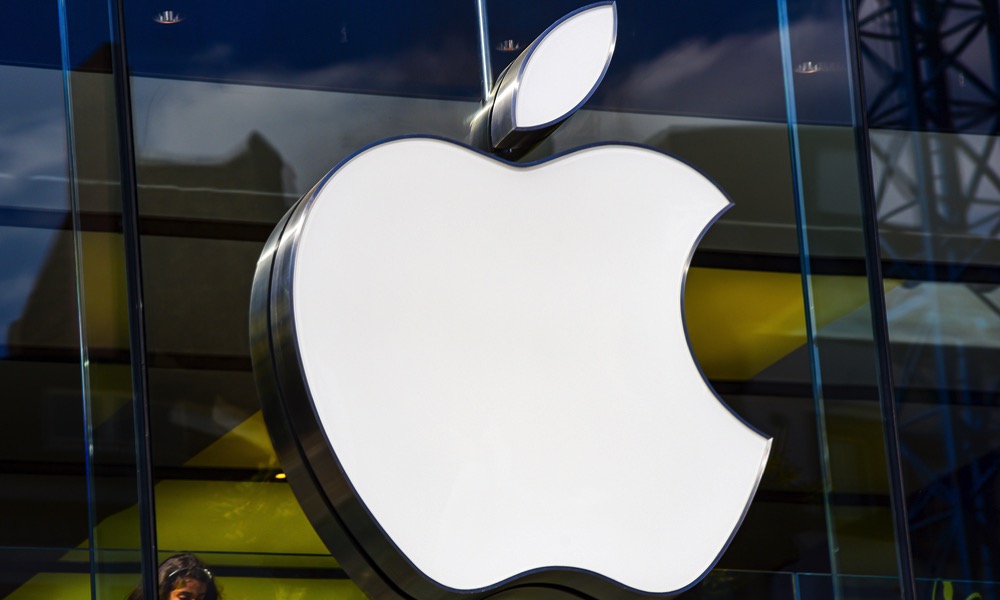Apple Employees Are Leaving Over Inflexible Remote Work Policies
 Credit: Vytautas Kielaitis / Shutterstock
Credit: Vytautas Kielaitis / Shutterstock
Toggle Dark Mode
Like most companies around the world, Apple was forced to adopt a remote work model as it became impossible for employees to come to the office in the midst of a global health pandemic and the lockdowns that accompanied it.
However, while many other big tech companies have embraced the idea of letting employees work from home, Apple is taking a much more hard-line stance, stating that all corporate employees will be expected to return to the Apple Park campus this fall for at least three days per week.
For those familiar with Apple’s culture, the move is already a huge accommodation for a company that has always strongly discouraged remote work in the past. Under the new “hybrid” work model, employees will be required to be in the offices on Mondays, Tuesdays, and Thursdays, while being allowed to work from home on Wednesdays and Fridays.
In addition, Apple is also allowing employees to work remotely for up to two weeks per year, “to be closer to family and loved ones, find a change of scenery, manage unexpected travel, or a different reason all [their] own.” However, these will need to be approved on a case-by-case basis by the employee’s manager.
While Apple CEO Tim Cook has already gone on the record as saying that this work arrangement is a pilot project, and the company will be re-evaluating it sometime in 2022, it’s also made it clear that it’s not negotiable at this point — even in the face of employee protests.
Apple’s ‘Remote Work Advocates’
Shortly after the original memo went out last month, discussions began circulating on an internal Slack channel for “remote work advocates,” which quickly grew to around 2,800 employees.
Of that group, 80 drafted an internal letter to Apple’s leadership expressing their dissatisfaction with the new policies. The group insisted that Apple allow individual teams to make their own remote work decisions, and asked the company to collect feedback from all employees on remote working preferences to come to a decision that’s more equitable for everyone involved.
The group also suggested that Apple’s stance goes against its publicly stated policies on diversity and inclusion, particularly for those with disabilities.
Following this letter, however, Deirdre O’Brien, Apple’s Senior VP of Retail and People, obliquely responded to these complaints by emphasizing the importance of in-person work to Apple’s culture, and the future of the company.
O’Brien also added that even though Apple made some “unbelievable product launches” over the past year, these came as a result of “years of work that we did when we were all together in person.”
Apple Is Being Less Accommodating
With less than two months to go before Apple expects everybody to return to Apple Park, it appears that the company is already tightening up the rules, denying remote work exceptions that had been permitted in the past.
According to The Verge, the internal Slack channel for remote work advocacy has now grown to more than 6,000 members. It’s not clear how many of these are employees at Apple’s 12,000-person Apple Park campus, or even how many are strongly in favour of remote work, as opposed to just participating out of curiosity or camaraderie.
However, of this group, around 10 people have already said that they will be resigning due to the hybrid work policy, and said that they knew several others who had also been forced to quit for similar reasons.
Considering the number of people who work at Apple Park, this doesn’t seem like very many employees. However, The Verge reported earlier this month that a survey on remote work done in June showed that 36.7 percent of 1,735 respondents had concerns they might have to leave Apple due to the lack of flexibility.
More significantly, some employees with disabilities have claimed that Apple isn’t doing enough to accommodate them. Apple’s official policy is that only employees with “documented medical conditions” will be approved for permanent remote work, however to request such an accommodation, Apple requires employees to release their medical records to the company.
While it’s reasonable for Apple to expect some documentation before granted such a sweeping exception — we are talking about a permanent remote work arrangement here of course — providing access to their entire medical history naturally makes some employees uncomfortable.
It’s worth noting that this is something significantly more broad than simply requesting attestation from a doctor or health care provider. The form that Apple is asking employees to sign grants the company carte blanche to their entire medical history “regarding any physical or mental limitations(s)” that affect their job — and continues to provide that access for a period of two years.
On the flip side, Apple clearly prefers that its own medical professionals make an assessment, rather than relying on the judgements of other health care professionals, which can sometimes be subjective, however it’s still hard to argue that this seems excessive — especially coming from a company that espouses privacy as a “fundamental human right.”
While the Americans with Disabilities Act definitely permits an employer such as Apple to take whatever reasonable steps are necessary to verify that an accommodation is needed, legislative specialists at the Job Accommodation Network note that “the threshold for showing substantial limitation is much lower than it used to be. Therefore, the documentation needed to show that an employee has a disability should be much less extensive.”
At this point, employees seem somewhat divided on what steps to take next. Some have already left outright, or are making plans to leave. Several say they’ve been “flooded with recruiting messages from other tech organizations” that have far more flexible remote work arrangements. Others have suggested writing another letter to reiterate their concerns, while some have begun talking to lawyers about taking possible legal action against the company. Apple has naturally declined to comment.






